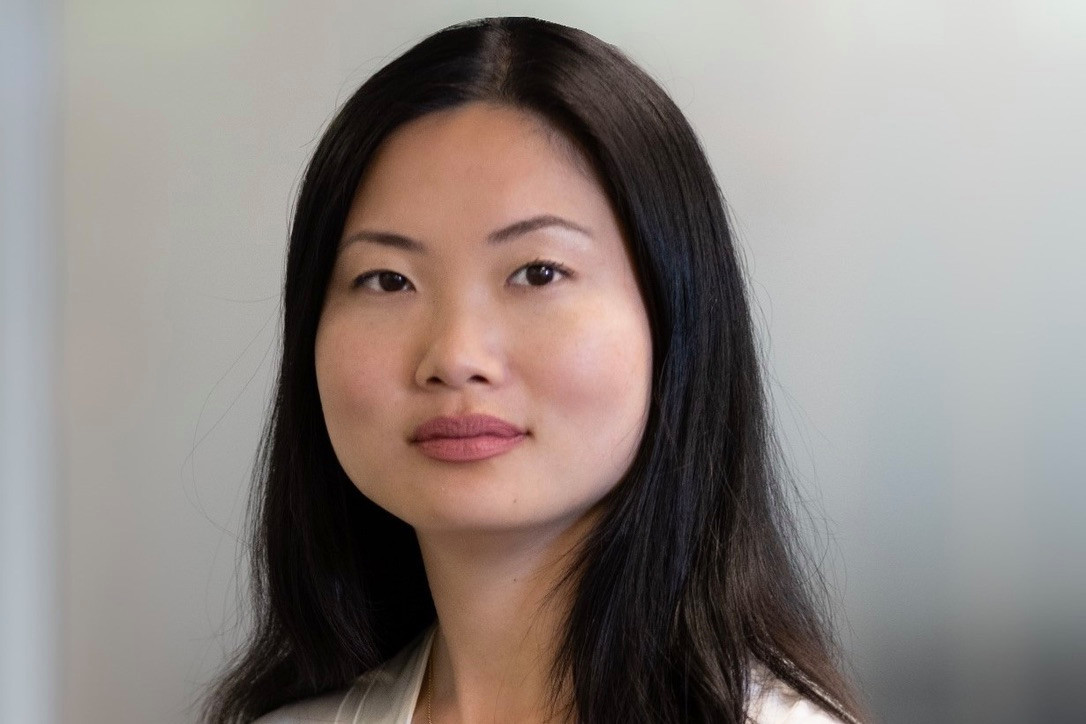“The first thing I would say is that if China doesn’t work this year, it’s never going to work,” Alice Wang stated at the beginning of her presentation. Wang is a portfolio manager based in London and manages two funds focused on Asia Pacific and Chinese equities. She recently returned from a trip to China--her first since the start of the covid-19 pandemic--and offered her insights at a presentation organised by Quaero Capital in Luxembourg. “This year is the first year where we’re seeing the best earnings growth projected for the last 10 years.”
But this recovery is not focused on internet companies, which did “pretty well” last year. Instead, she expects companies in China that are more focused on the real economy, such as on-premise consumption or travel, to grow in 2023. “This is a real economy reopening,” said Wang. “This is not an internet recovery.”
Recovery led by domestic consumption
In China, “the reopening is happening all at once,” said Wang. “In January, it was possible to ask yourself, ‘Is this a real reopening? Or is this Chinese New Year?’ By March, by the time that I was there, I would say that the recovery was indisputable.” Investment in commercial real estate, for example, is picking up, though residential real estate investment has not yet returned--this may come back in the second half of the year, she added.
The shape of the recovery is going to be one “that Western investors have always hoped that China would have,” said Wang, “a domestic consumption-led one, and not one that’s led by stimulus or capex.” She highlighted opportunities such as investments in the travel and tourism sector, electric scooters and even beer.
People are spending more time offline--at restaurants and shopping centres, for example. Wang mentioned that during her recent trip to China, she noticed that there was “intense competition,” with restaurants filling up quickly and innovative advertising methods being employed.
“Healthcare is the best structural long-term story in China”
“If you look at reopening, hospital visits are going up again, people are being treated for things that they stopped being treated for the last two years,” noted Wang, adding that she expects to see investment in the healthcare sector increase, especially given China’s ageing demographic. “We think healthcare is the best structural long-term story in China.”
Examples of healthcare investments include innovative drug makers, such as companies focused on immuno-oncology, or those that are developing vaccines (not just for covid, but against tuberculosis or human papillomavirus).
Wang also gave the example of an industrial robotics maker that allows for long-distance operations, a solution that would allow a doctor to operate remotely on a patient located in another city. “This can increase the efficiency of operations,” she argued. “This is a key theme in China going forward--allowing tier six cities to access a better quality of life, more similar to tier one cities.” Higher tier cities are larger, wealthier and more developed compared to lower tier cities.
China’s geopolitical incentive for the green transition
In response to a question regarding the energy transition in China, Wang replied that the “Western perspective on it is a little bit hypocritical.” The “environmental burden” of producing batteries, for example, gets shifted to emerging markets.
“The Chinese, they have a different incentive--they are just really scared that their entire supply chain is at risk, because the US has the strongest navy in the world and guarantees ocean maritime trade channels. That’s why the Chinese are building all these railroads into Laos and across land routes, because they cannot guarantee that the US won’t blockade them,” said Wang.
According to a study by the Australian Strategic Policy Institute, China leads in 37 types of critical technologies, Wang argued. While they’re not very advanced in terms of semiconductors, the country has the scale for technologies such as solar panels or wind turbines.
“The Chinese, why they are so obsessed with solar and wind, even though it’s extremely low efficiency in terms of energy output, is because it gives them maybe some kind of geopolitical hedge against the US,” she said. “So the Chinese incentive is very strong, and it makes total sense to me, and they will continue to accelerate that.”
“But keep in mind,” Wang added, “it’s about geopolitical [reasons], and it’s about reducing pollution--visible pollution--because people don’t want to live in polluted cities.”
This article was published for the Delano Finance newsletter, the weekly source for financial news in Luxembourg. .
